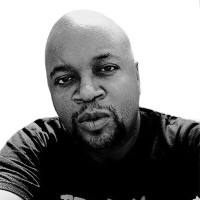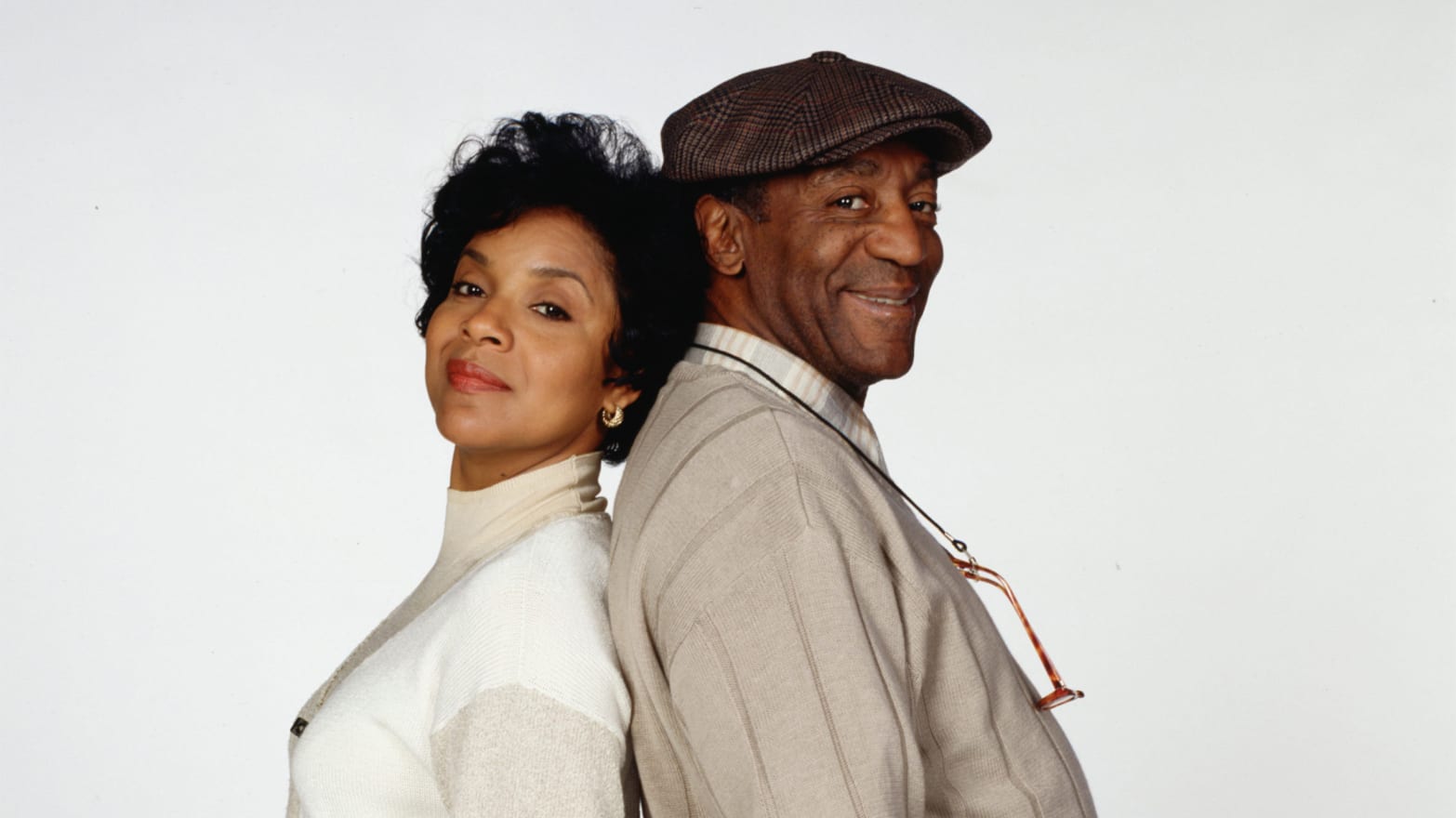The sexual assault accusations that have kept comedian/actor/philanthropist Bill Cosby at the center of a cultural firestorm for the past two months reached a bit of a crescendo this week. Two of the star’s Cosby Show castmates offered very telling—but very different—responses to the allegations that Cosby drugged and sexually assaulted numerous women over the course of almost 40 years, dating as far back as 1965 up through 2004.
Actress Keshia Knight Pulliam, who famously played Rudy, the youngest daughter of the Huxtable family, offered muted support to her former TV dad. Phylicia Rashad, icon to a generation as family matriarch Claire Huxtable, offered a much more pointed take on Cosby’s controversy with a response that mirrored a sentiment shared by those still committed to defending a star’s legacy above all else.
The “Cosby Truthers” that have emerged over the last two months share a perspective that is born of a long, pained history that the black community still wrestles with in the face of American racism. But Cosby Truthers are applying their principles to the wrong cause.
During an appearance on Access Hollywood Live, the 35-year old Pulliam was asked about the backlash against the man she’s known since she was a child.
"Whoever is involved, those are the people who were there. I wasn't there," Pulliam told hosts Billy Bush and Kit Hoover. "I can only speak to the great man that I know and love, who has been so generous, who has been such a philanthropist, giving back millions of dollars to education and schools. And just the man I grew up knowing. It's really not my place to speak on that. Unfortunately, in the court of public opinion everyone has formed their opinion, but we're still in America and you're innocent until proven guilty of any crimes."
Pulliam’s response warrants criticism; the “innocent until proven guilty” maxim is often used to deflect—in this case, there will likely be no real investigation, indictment, or conviction for Cosby; the court of public opinion is likely the only court that will ever be able to pass any sort of real judgment on this issue. But Pulliam attempted to be what she considered fair—both to the women who say they were victimized and to a man who was her friend and mentor, as questionable as her approach may be.
But the recitation of Bill Cosby’s resume doesn’t wipe clean all iniquity. It’s the belief that a charitable man of influence should not be scrutinized, criticized or questioned that keeps so many victims of assault (and other heinous acts) silent. They know they will face either a swift backlash or deafening silence. Because Bill Cosby is a “great man.”
Following Pulliam’s statements, a much more disconcerting statement came from Rashad, who shared the most screen time with Cosby on that show and its successor, the moderate CBS hit Cosby, and who’s still viewed as half of one of television’s most beloved partnerships.
“Forget these women," Rashad told Roger Friedman of Showbiz411 during a luncheon at the Metropolitan Club in Manhattan. Rashad was there to celebrate the release of the Civil Rights drama Selma. "What you're seeing is the destruction of a legacy. And I think it's orchestrated," Rashad added. "I don't know why or who's doing it, but it's the legacy…and it's a legacy that is so important to the culture."
Cosby’s recent contract for a Netflix special and a new NBC show that was in the works have been canceled or at least suspended, but Rashad believes that someone wants to “erase” him. “Someone is determined to keep Bill Cosby off TV,” she continued. “And it’s worked. All his contracts have been cancelled.”
“And now you’re seeing it being destroyed,” she said. “Why? This show represented America to the outside world. This was the American family."
She later walked back the “forget these women” quote during an appearance on ABC’s World News Tonight following widespread criticism ("What I said is, 'This is not about the women.'”), but she held firm to her belief that her former TV husband is the victim of a conspiracy. When asked why anyone would want to destroy Bill Cosby, she responded, “That’s my question, too.”
Rashad’s words have reverberated far and wide, and while there has been the aforementioned criticism, she’s also being lauded by others who feel she’s dead-on in her “assessment” regarding the assassination of Dr. William H. Cosby’s character. Her statements have been shared throughout social media, oftentimes with hashtags like #TRUTH and #ThankYou, from those who somehow find solace in her saying what virtually every Cosby Truther has been saying for weeks: “It’s a conspiracy,” but also “I don’t know who would want to do this or why.”
The Cosby scandal bears so many earmarks that are all-too-familiar to the black psyche: contempt for black success, the taboo of black men sleeping with white women, mixed with more contemporaneous issues such as the overzealous contempt for President Barack Obama in Red State America, and the last six months of civil unrest regarding the killing of unarmed black men at the hands of police. In the middle of all of that past suffering and present-day conflict, this Cosby bomb was dropped. All of that pain is understandable. All of that pain is real.
But at the heart of this “Truther” conspiracy theory is the idea that “someone” wants to destroy Bill Cosby. No one seems to know who that is—or why they would want to do such a thing. Aside from general “They wanna bring a black man down” sentiments, there has yet to be any substantive argument for why this would be happening right now. Some Truthers claim that Cosby’s attempt to buy NBC has led to “the powers-that-be” coming after him; but that attempted purchase failed already—TWICE—both times in the early 1990s. Why would “they” want to crush him just for attempting to buy something twenty years ago?
The typical defense of “these women want money” doesn’t really hold water, either. It seems unlikely that so many women—most of whom are in their 50s and 60s—would suddenly be willing to put themselves under the unforgiving glare of the public eye over something so sordid just in the hopes of a payday. There are more than 20 women, including supermodel Beverly Johnson and actress Michelle Hurd—they can’t all expect to get rich from one celebrity scandal. Many of them don’t need to lie for money. And extortion makes a lot more sense before a story hits the news wire, not after. In this cockamamie get-rich scheme, would they all issue an apology if he cut a check?
The racial components of this calamity can’t be ignored, yet it is unforgivably reckless to use those factors as reasoning to ignore the very real issues that rape victims face. And that is the problem with what Rashad has said. In stating “forget those women,” even “it’s not about the women,” she—and all Cosby Truthers, really—aren’t even pretending to want the facts or further investigation. They want it to go away. They’ve already decided he’s innocent. They’ve decided that if you do enough “good,” nothing bad anyone says you have done should be given any credence. You are above reproach much like police officers who choke black men to death for selling cigarettes, or legendary football coaches who cover child molestation by their coaching staff, or Catholic priests, or megachurch pastors, or any man of power and influence who is fortunate enough to have an adoring public.
“Cosby Truthers” aren’t really interested in the truth in as much as they are invested in an image. The legacy of a man they love and respect is more important than the women who say he’s harmed them. “Why wait so long?” and “Why not call the cops?” aren’t just dismissives that are being used to absolve Bill Cosby—they’re all-too-common public reactions, which are typically used to silence the victims of rape. We can’t be so beholden to an image that we recite his resume and construct hollow conspiracy theories to absolve him any time he’s accused of wrongdoing. To do so is to deify a celebrity for being what we need them to be, while willfully ignoring who they really are.
And where’s the truth in that?

